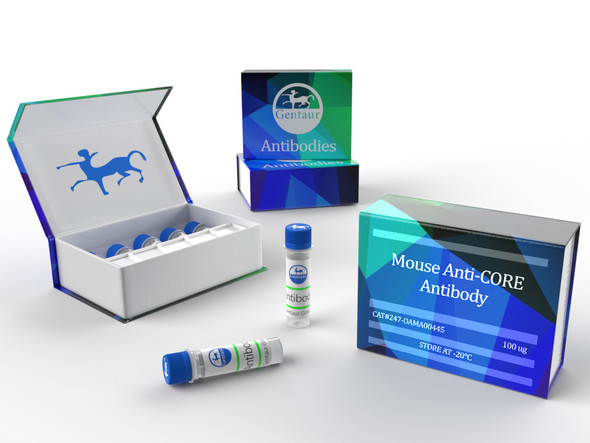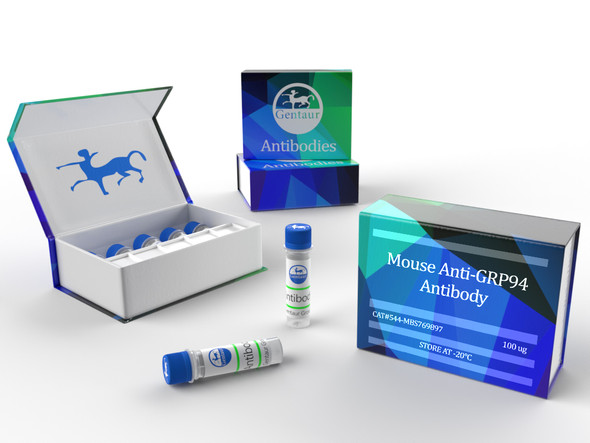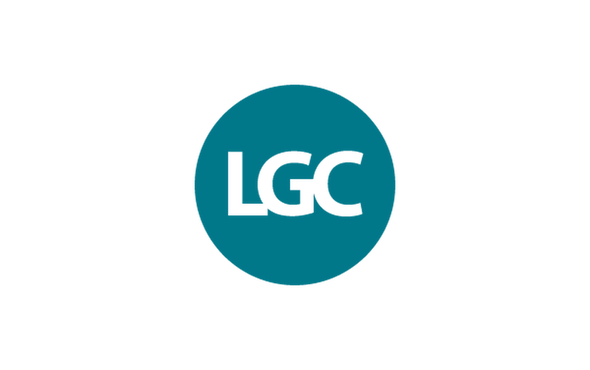Description
MOUSE ANTI-BURKHOLDERIA MALLEI ANTIBODY (SAP1-43)
Mouse Anti Burkholderia mallei Antibody (Sap1-43) is a monoclonal antibody that is specific for whole cells of B. mallei.
PRODUCT DETAILS – MOUSE ANTI-BURKHOLDERIA MALLEI ANTIBODY (SAP1-43)
- Mouse anti Burkholderia mallei antibody (Sap1-43).
- Isotype – Mouse IgG1.
- Purified by chromatography on protein G Sepharose.
- Suitable for Indirect EIA with whole cells.
BACKGROUND
Burkholderia mallei is a nonmotile, aerobic, encapsulated, gram-negative intracellular bacterium. It is unique in the Burkholderia family because it does not survive in soil, but needs an animal host to survive, and is responsible for a disease called Glanders. Its primary natural reservoir is horses which are highly susceptible to infection, although mules, donkeys, goats, dogs, and cats may also act as hosts. The disease is transmissible from animals to humans via contact with tissues or body fluids of infected animals, although human infection is usually limited to workers in close contact with infected animals or laboratory cultures. The disease has been eradicated from the US and UK, but it is still endemic in Asia, Africa, Central and South America, and the Middle East. With more of the world’s population becoming diabetic or otherwise immunocompromised there is increasing interest in these diseases because both B. mallei and its close relative B. pseudomallei can cause opportunistic infections in these patient populations. Mortality is often high because of septicemia.
B. mallei is listed as a category B bioterrorism agent by the CDC due to its significant potential morbidity and mortality, virulence as an aerosol and lack of prophylactic vaccine; it was used as a biological warfare agent in the American Civil War, during World War I and II, and by the former Soviet Union in Afghanistan (reviewed by Saikh & Mott, 2017).
REFERENCES
- Saikh KU & Mott TM (2017). Innate immune response to Burkholderia mallei. Curr Opin Infect Dis. 30(3):297-302.






